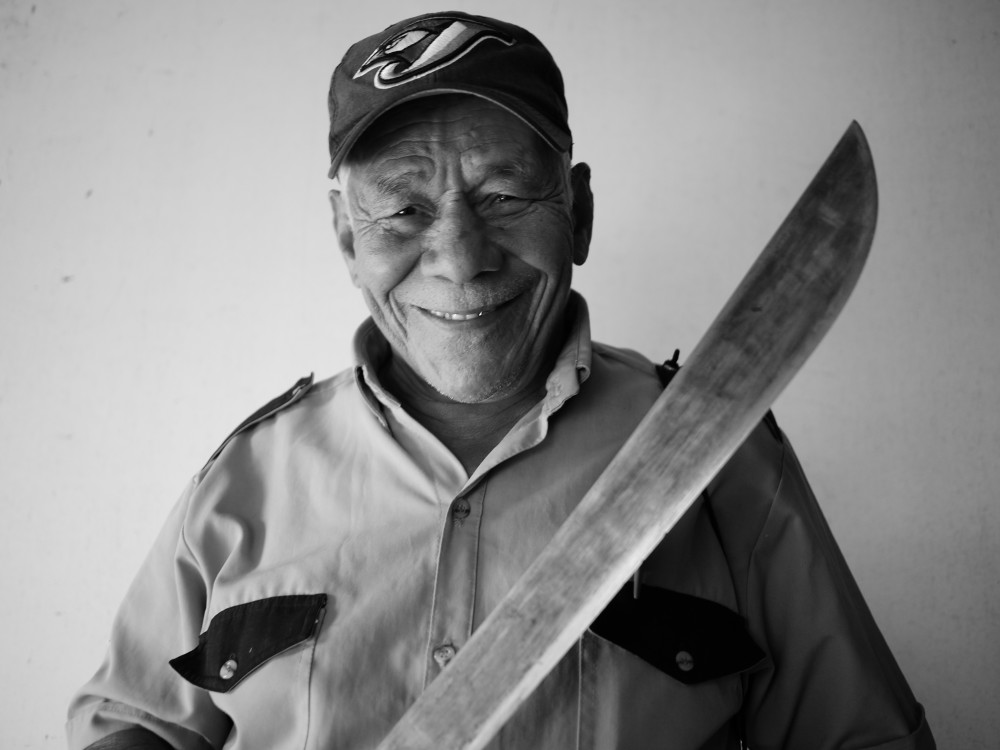Blessed is the Machete
A machete makes a wonderful wedding gift. After working many years with farmers around the world, I learned to value the multiple functions a machete offers a family: it’s a knife, a lawn mower, vegetable peeler, screwdriver, tree pruner, and so much more. A few years ago, my friends Sara and David cut their wedding cake with an engraved machete from El Salvador – I wept.
In contrast, I would never consider giving a hoe as a wedding gift. That would be absurd.
Someone needs to write a book on the “The Hoe and the Demise of Earth”. Research for this book should start with Daniel Hillel – a brilliant scientist, laureate of the World Food Prize, who describes soil as the “crucible of terrestrial life” and theological basis of humanity’s creation.
The history of the hoe would show how it has been used throughout history to destroy and degrade soil. Building from Hillel, as the hoe destroys soil, and soil is sacred, it follows that the hoe is evil.
Recently, I witnessed the impact of the hoe on a coffee farm, and learned to appreciate the virtue of a machete even more. Between the rows of young coffee trees, where grass and weeds thrive under direct sunlight, we were comparing two different cultivation practices.
One part of the farm had been chopped or mowed with a machete leaving short grass stubble, and the soil undisturbed. Immaculate.
On another part of the farm, the grass and weeds had been ripped out by a hoe, with the soil scraped bare, exposed. Violated.
When we debate the merits of mowing versus hoeing, the issue is almost always about labor economics. If you hoe the weeds, you only need to do it once in a growing season, but if you chop them with a machete, you may have to repeat two or three times in a season. Point for the Hoe.
But, there’s more to a farm than the cost of labor.
In the short- and long-term health and productivity of the farm, soil health is perhaps the single most important factor. A living, vibrant soil nourishes coffee plants. Groundcover (such as grass) over the soil protects it from rain and wind erosion, and increases water infiltration into the root zone – also great for coffee plants. Coffee trees with good nutrition and water are healthier, more productive, and more resilient to pests and drought.
Just by managing soil better – by keeping a good groundcover and not disturbing the soil – a farmer does wonders for these three farm best practices: fertility, pest control, and water management. If you do the math and consider the costs (which we are doing and many others have done), the machete triumphs.
I think we should commission stained-glass murals in churches in the coffeelands portraying a coffee farmer – a holy warrior – gloriously wielding her Machete, shredding the Hoe.




